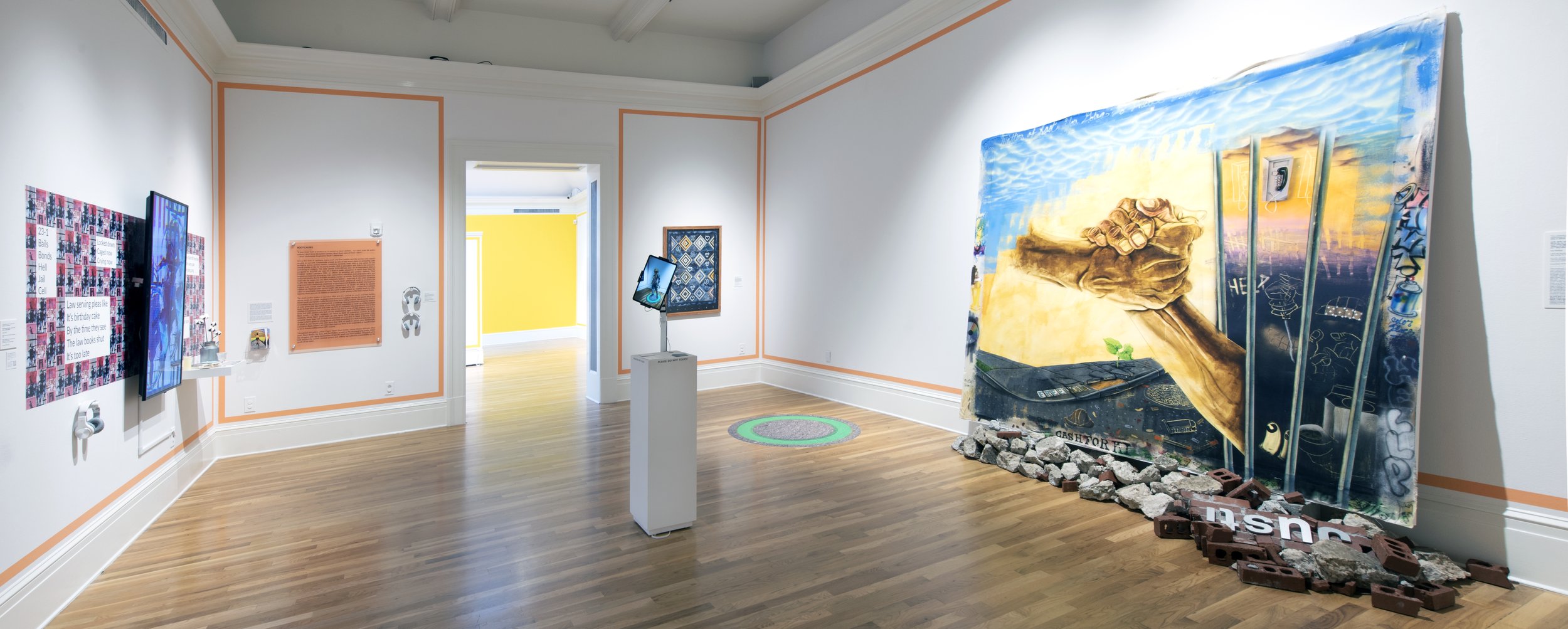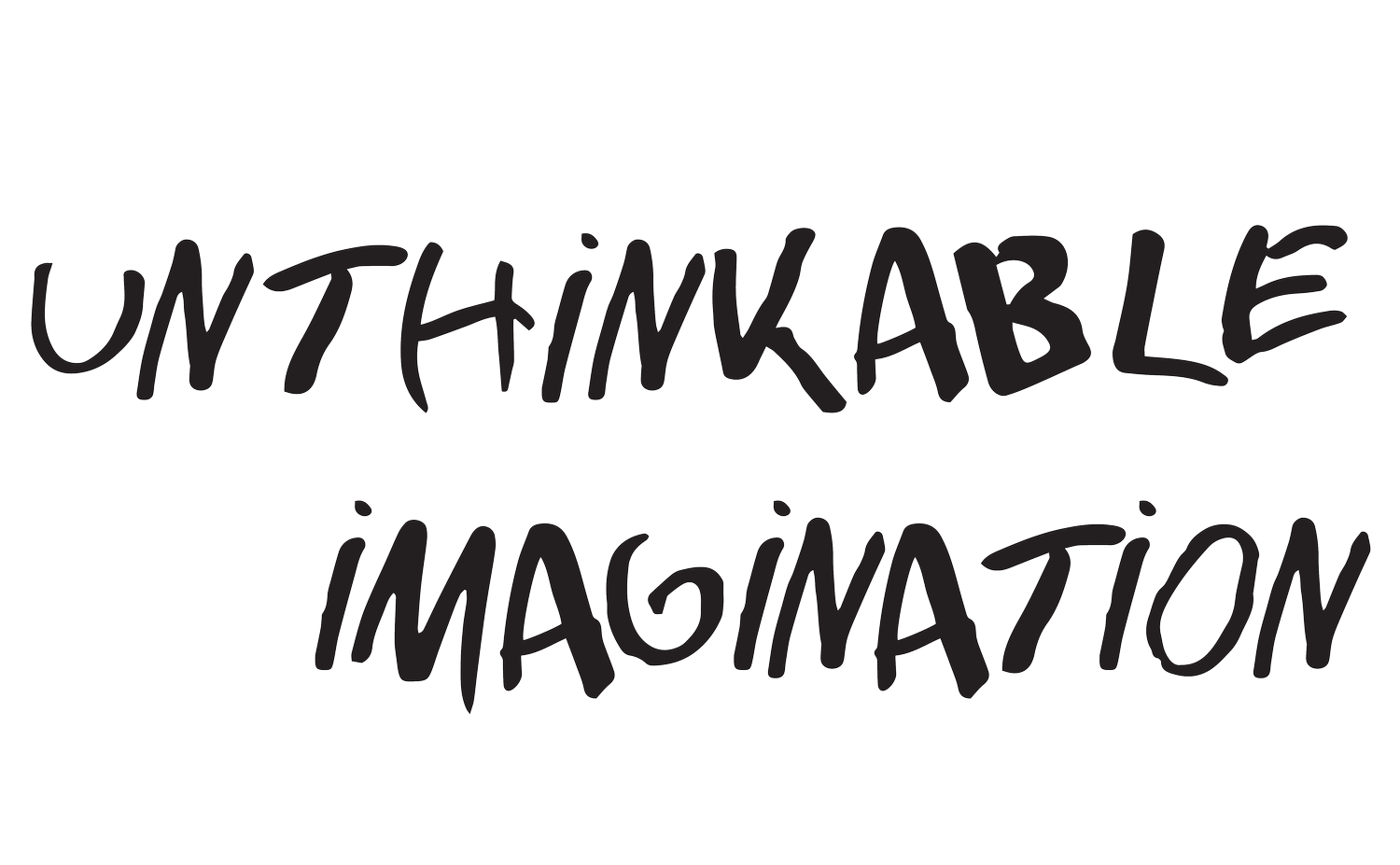
Root Causes
Young people discuss the impact of systemic issues—racism, poverty, violence—on their lives and the origins of carceral systems.
“Growing up for me was kind of rough, because we grew up without lights and cable, we were going through that type of shit. You feel what I'm saying?... So going through that was a rough stage.”
“The district attorneys. The way they try to prosecute us…as if we’re just monsters.”
“It was okay, I guess. Even though I felt like they didn't really get my side of the story on how things happened or whatever. When I was at school at first, I was kind of like mad about that. Like, y'all just immediately jumped to this Caucasian girl’s side, like, you know. So it was just like, no. Because at the time I was dealing with a racist teacher or whatever, because I was actually super upset because that my racist teacher is the reason why I went to jail, so it was just like, I was very upset about that. It's like, I really didn't have a say. So of course, I kinda was bummed out about it, but I didn't really focus too much on it. I was just ready to get out.”
“I don't know because some people degrade me. Not everybody could tell my potential just off looking so. I probably look like every other typical dude in New Orleans that don't got nothing going for himself. I probably fit the image... Because I'd heard it before. I done heard people degrade me. I ain't going to be nothing, stuff like that. I heard it before. So, you never know what the next person thinking. ‘Oh, he ain't going to do nothing with his self,’ or you know.”
“What's that word called? They profile you because they see the way I dress and stuff like that. They see I probably have a ski mask on and stuff, like yeah I'm a big boy. They see I'm 19. I'm big. I got facial hair, stuff like ... So a lot of people be scared. And they just profile you and stuff, but I'm really a cool person. I really don't really disrespect too many people unless you disrespect me...”
“Racism is taught. It's not something that's just all habit. Racism is taught. So, for anything it has to stop in our ancestors, in the people that's in the older generation had to stop that—for the ones that's upcoming to be stopped.”
“You never know what another person is going through...that's kind of like another part for the reason why I wanna jump into like the psychiatry. Because a lot of people are judgmental and they, they tend to just see things one-sided instead of putting their self in the next person's shoes. So sometimes I really wish the world wasn't so judgmental.”
“It was hard. As I was growing up, my daddy was in the streets. And as I started growing up a little bit more, he was trying to get out the streets and stuff, and change, but at the same time, you heard me, I don't really know, shit, I really can't ... It was hard. But at the same time, I think I made some of that stuff hard myself by doing certain stuff I did.”
“Typical neighborhood drama. Growing up, seeing people, older people that we looked up to doing stuff, having money, flashy cars and good looking women and stuff like that. And we jumped off the porch earlier. We wanted to be just like them, me and my little cousin. We caught our first charge at 12 years old. We was trying to take money and I don't know, just jump into the line of everything that was going on and catch the rhythm. But typical.”
“When Mama went to jail... I wound up living with my cousin for a couple of weeks. That didn't turn out very well, because I wound up having a fight with his son, with his stepson. And I wound up having a fight with him, and we threw hands. And then I had wound up having a fight with his... I think that's his stepdaughter, I don't really know. Yeah. And then I had a fight with her girlfriend. So yeah, there was a lot of drama going on in that house, so I wound up going back by my grandma.”
“I don't think all of them got to grow up fast, but most of them do. I think it's because our environment. What they just don't know, it's messing them up for when they get older. See what I'm saying?”
“When the police first brought me to the juvenile center, they was giving each other high fives and stuff. I'm like... What y'all giving each other high fives for? They were like, ‘We got him.’...I wasn't really tripping off it though. I was mad though.”
“Because it was never built to protect us. It started as slave catchers, like you said. So, I don't trust the police system. I don't trust the justice system. I don't trust none of them. I don't.”
“The court process? I basically didn't really understand because it mostly wasn't coming through me. It was going through my parents...I felt nervous. I didn’t know what was going on.”
“They didn't care what going on or what happened and long as they getting paid. That's all they care about.”
“I think my first time ever going into a prison house, I think, was when I was little, and I went to visit my paw-paw, my maw-maw's husband. That was my first time being in there and experiencing it. But I feel like a personal one is when I went to see my dad... And it was the screen thing, and I don't really remember it, but I remember he was locked up a lot of times, and he kept getting locked up. So, I think I used to be close with him, but now, I don't really speak to him anymore, because he's locked up right now. But I think he's still locked up right now, but I don't know.”
“I was heard, but I feel like it wasn't really seen through. Nothing was done for real, for real...Like I said, the justice system's already set up how it’s supposed to be set up. There's really not too much that a youth, an inmate, a person, can do. Your voice is not really as effective...It’s a bad thing, but that’s just how it’s set up.”
